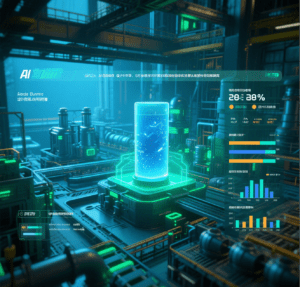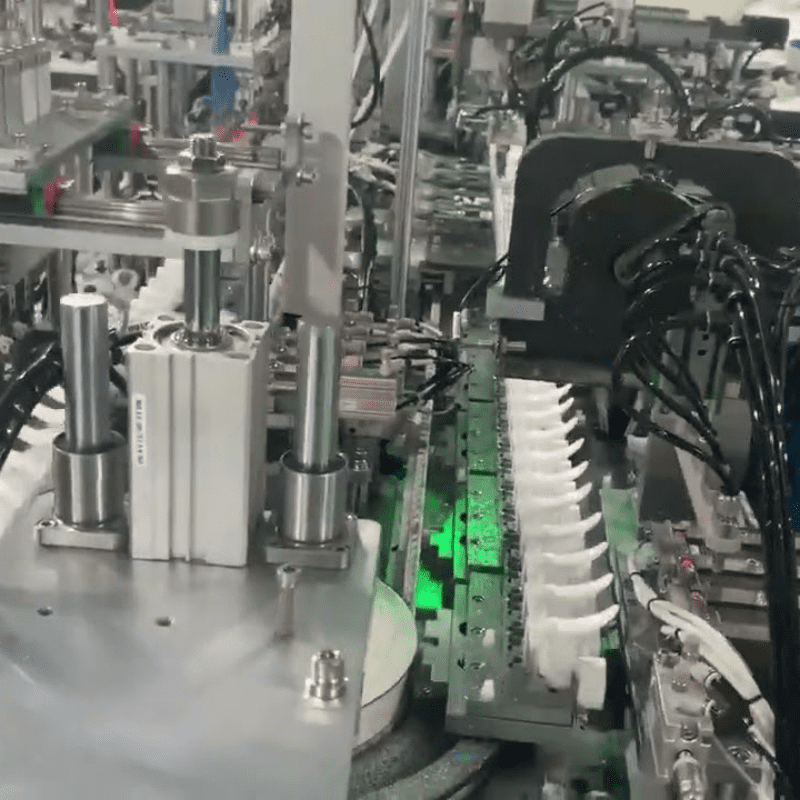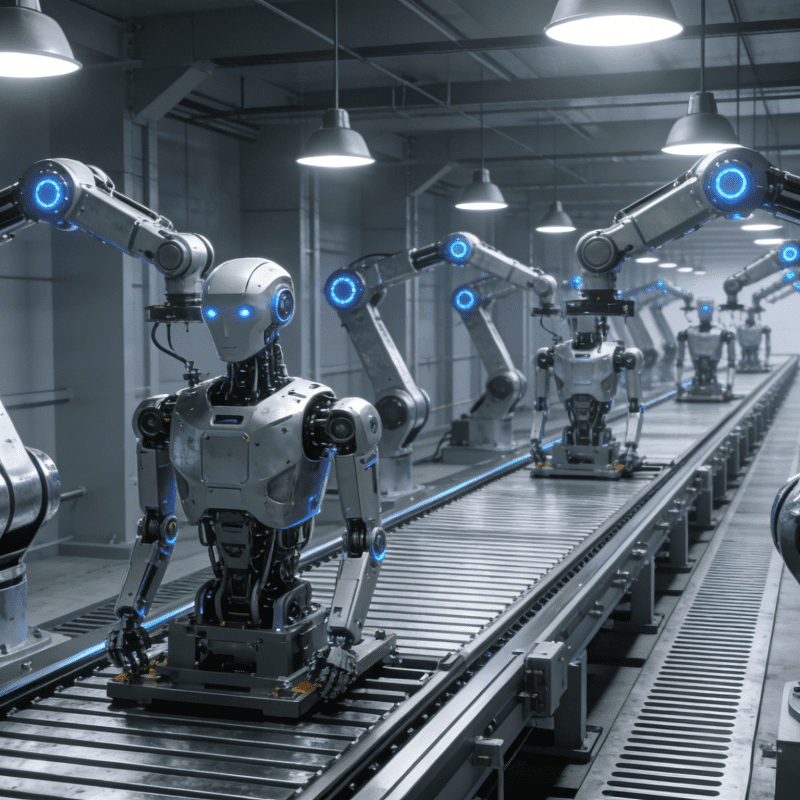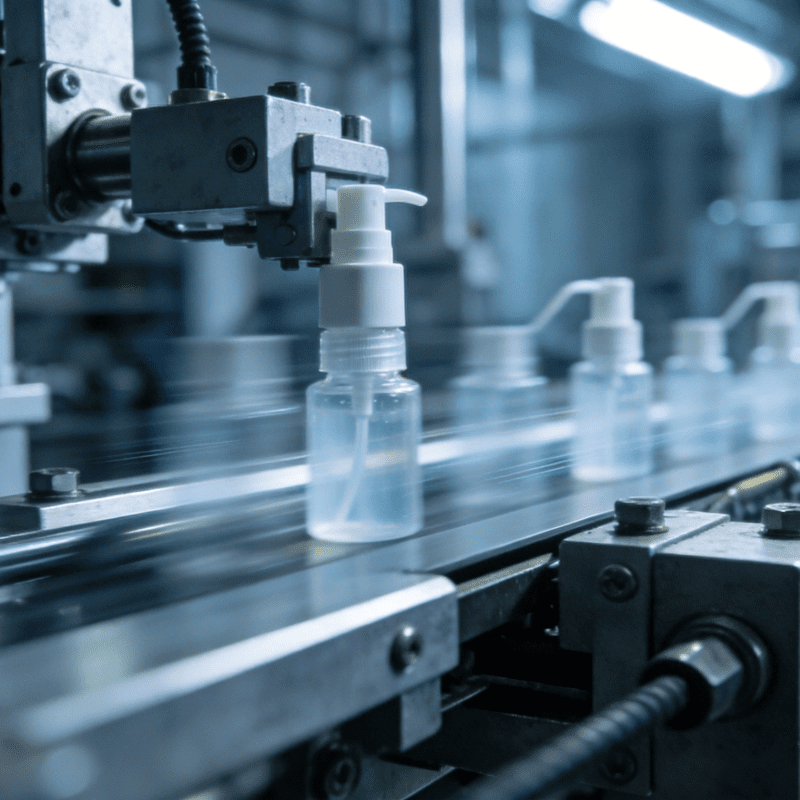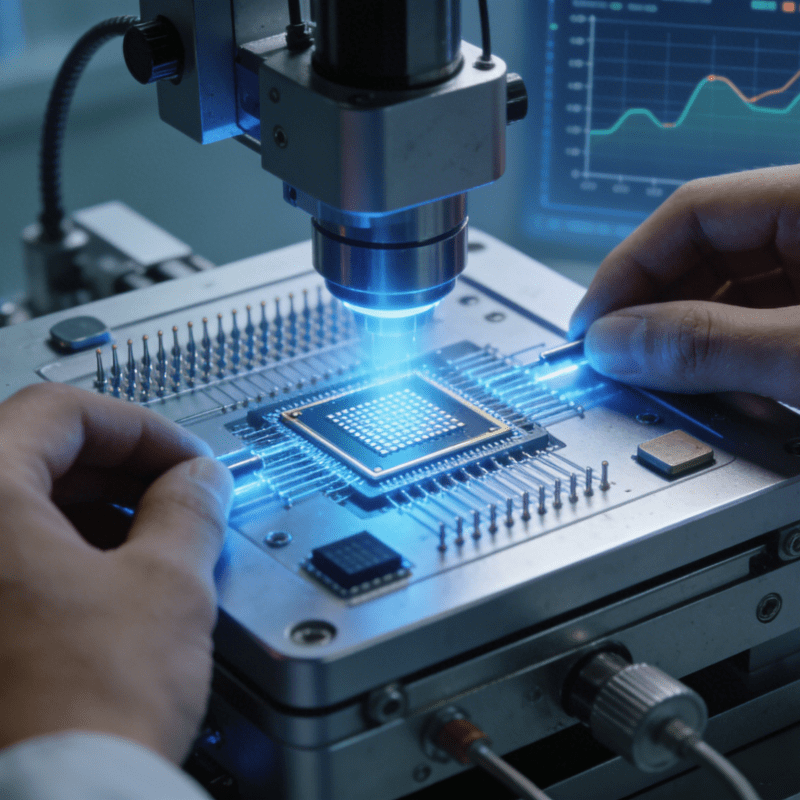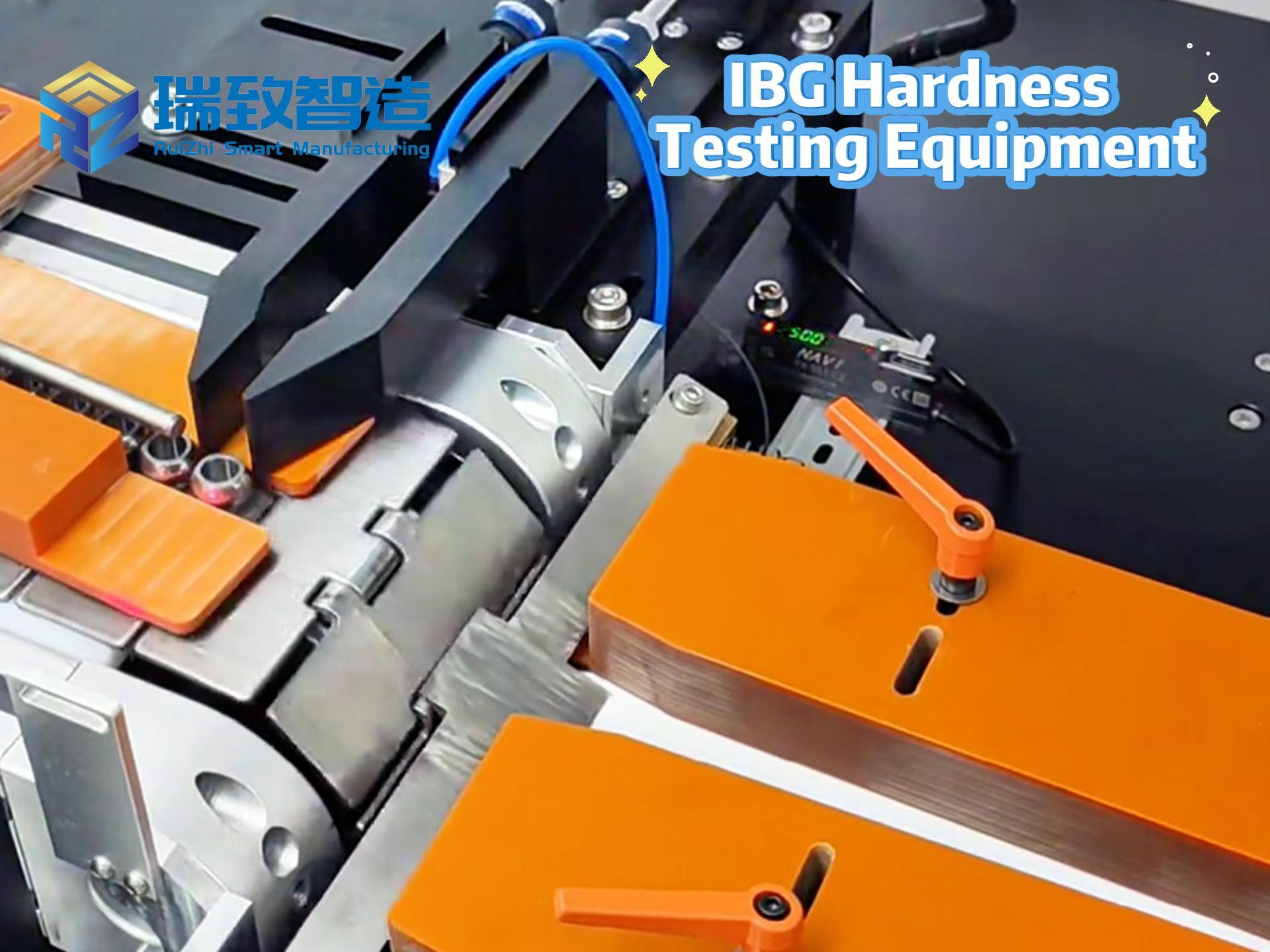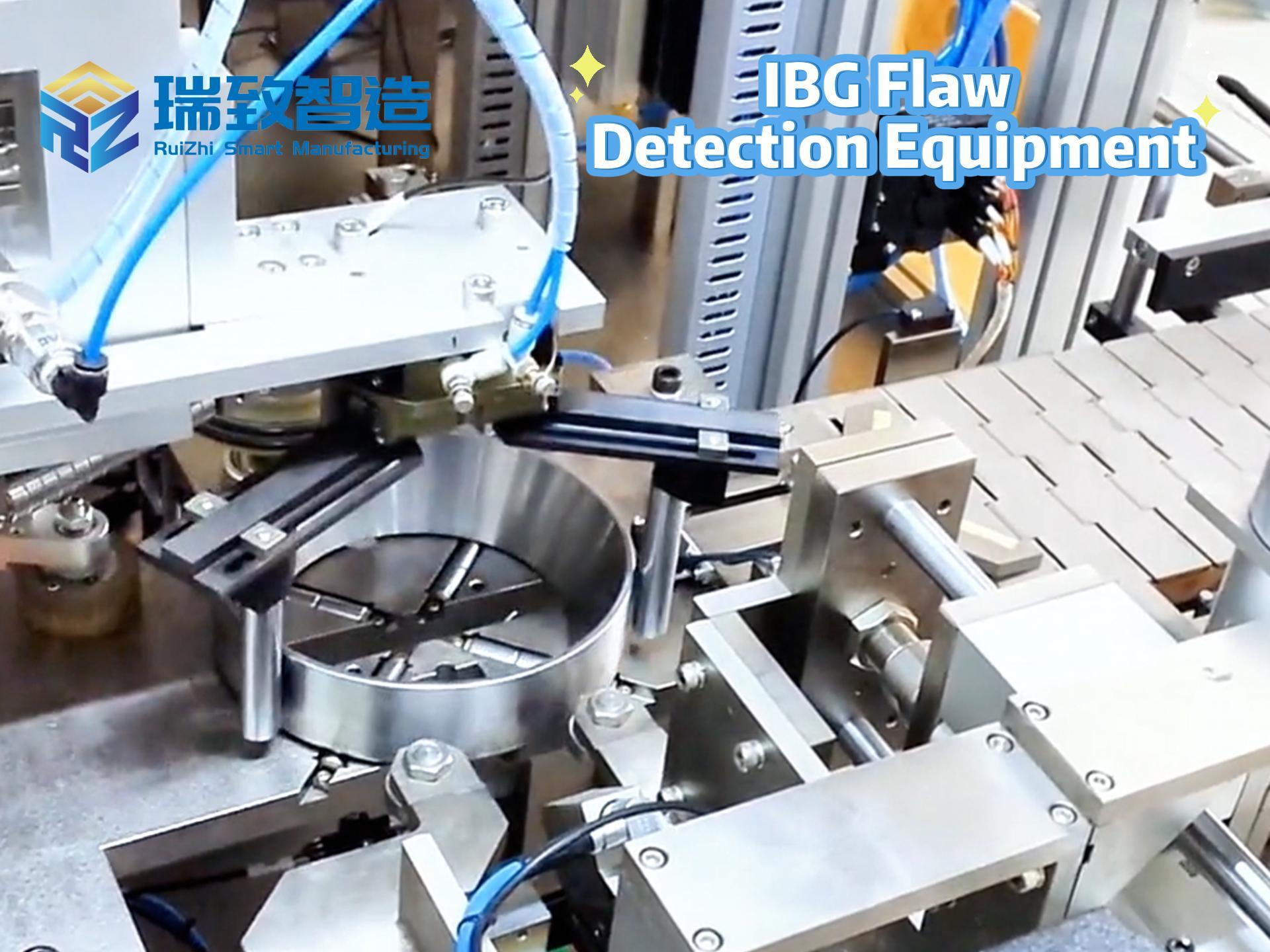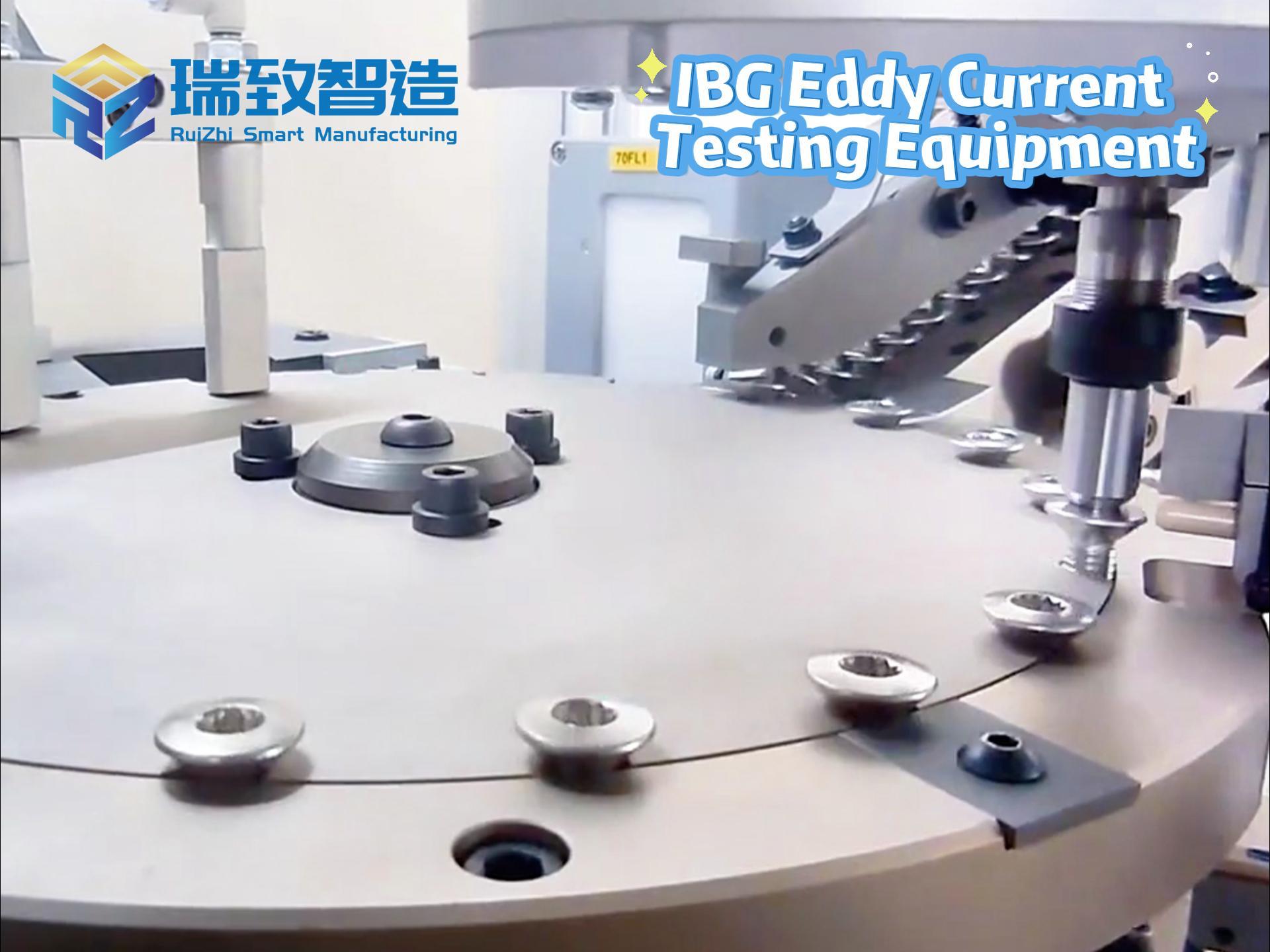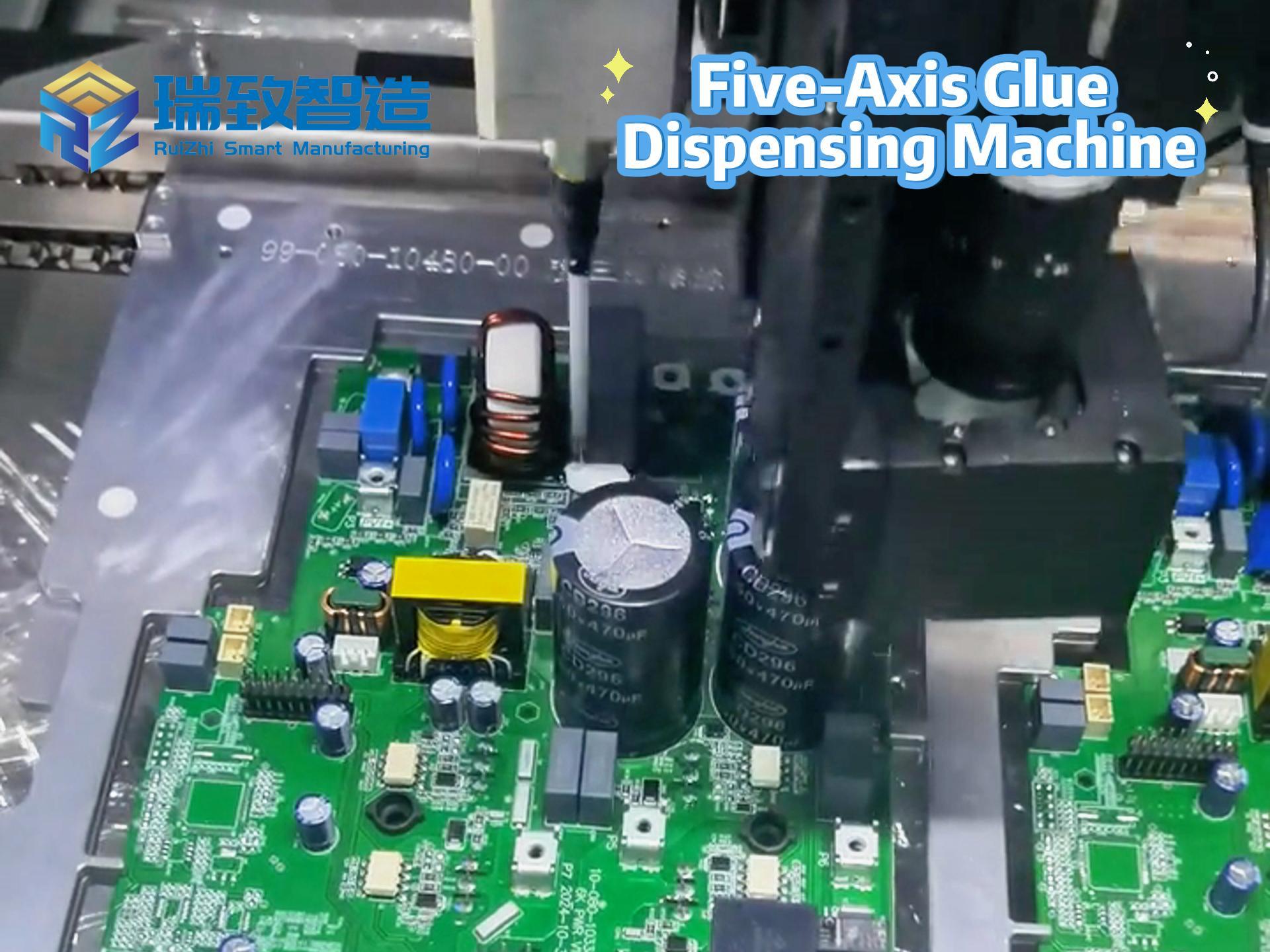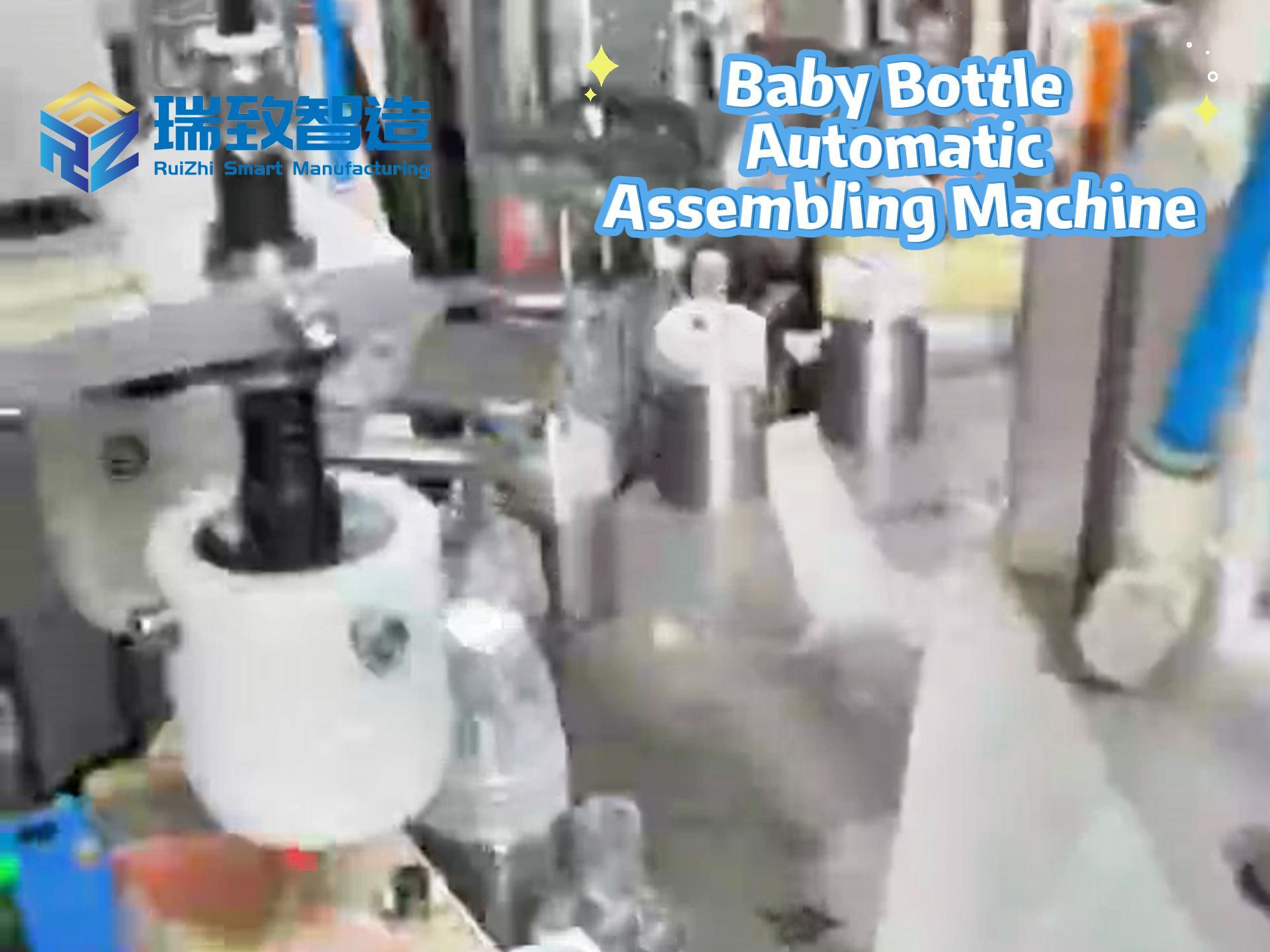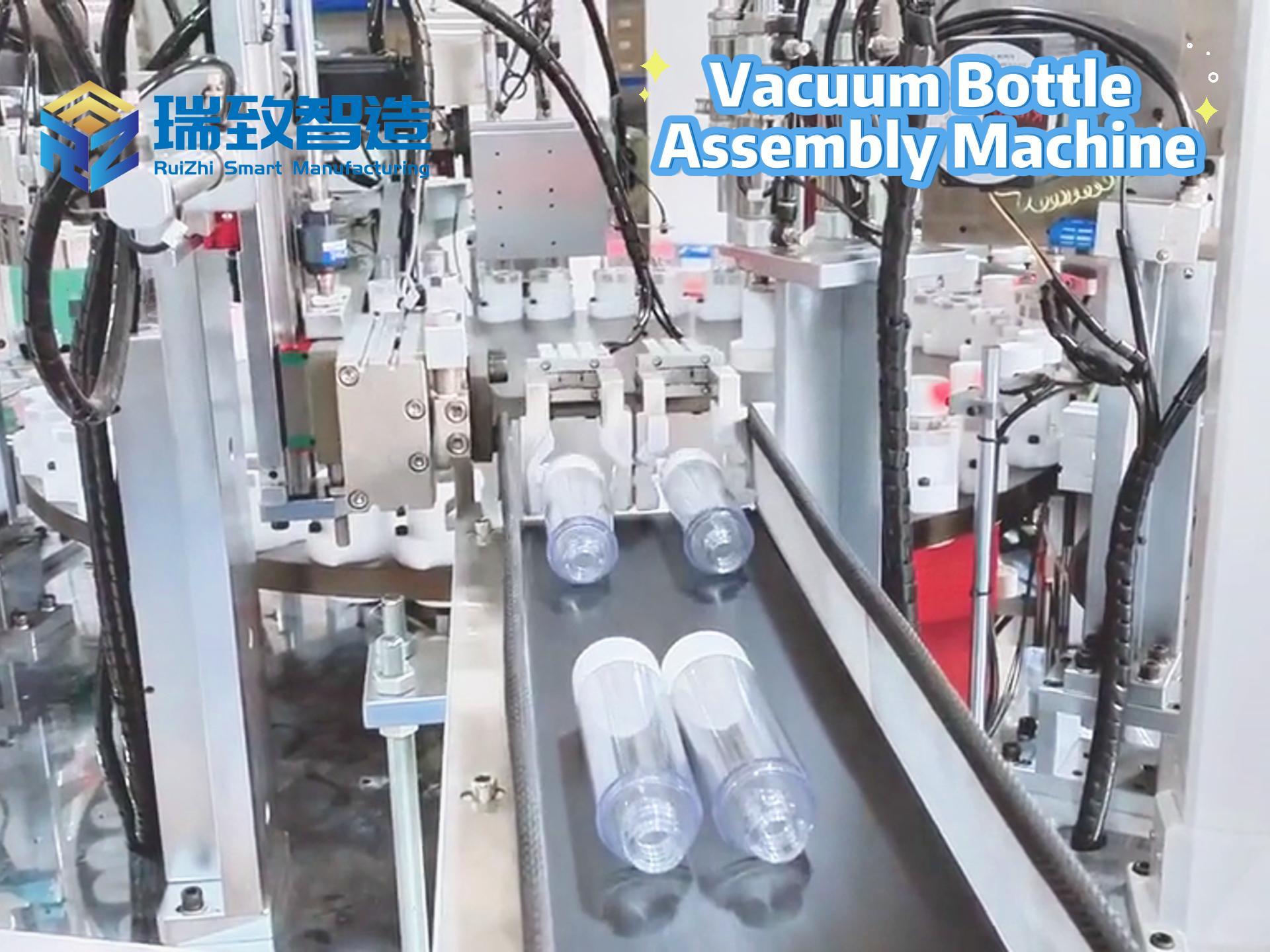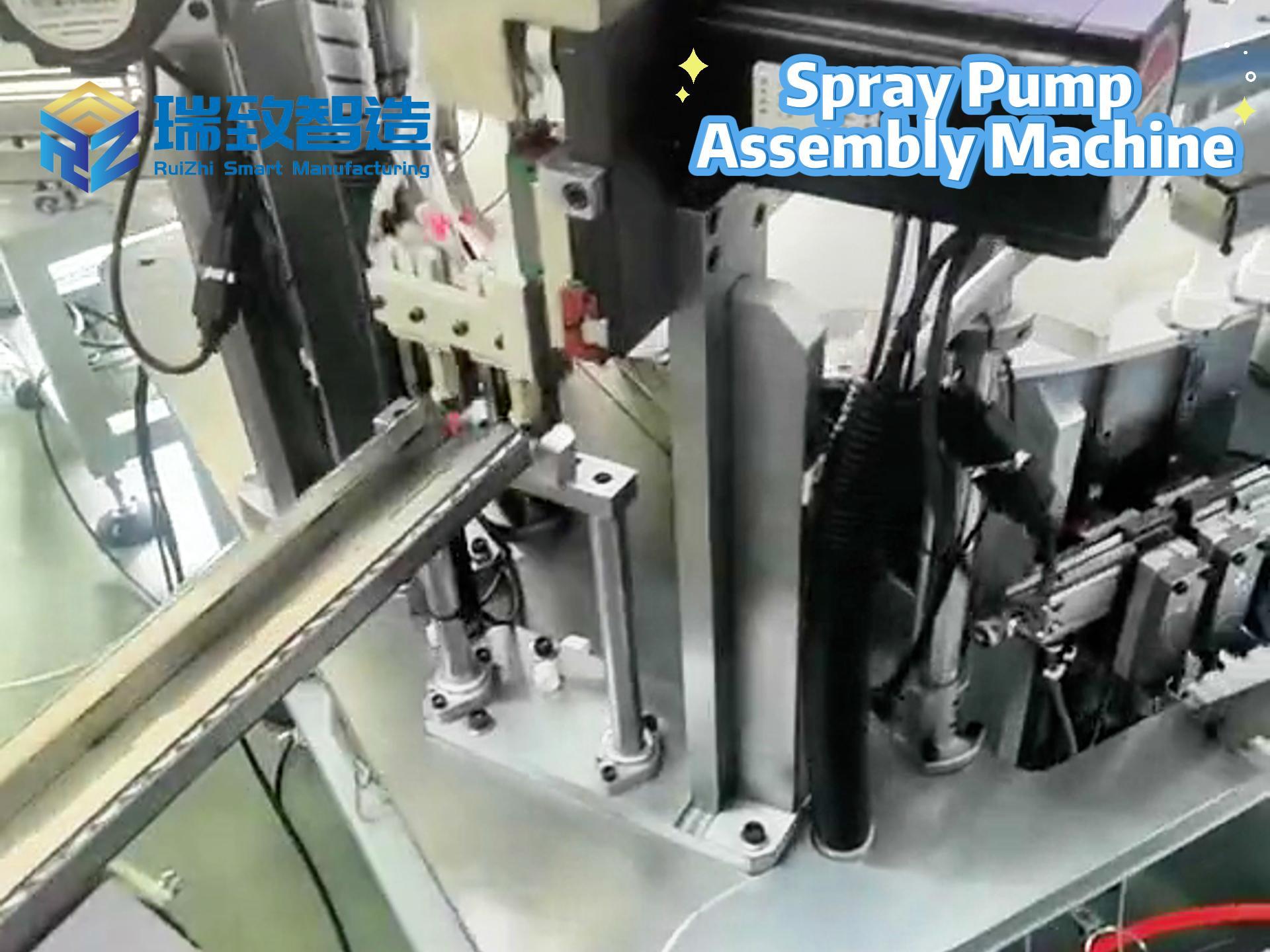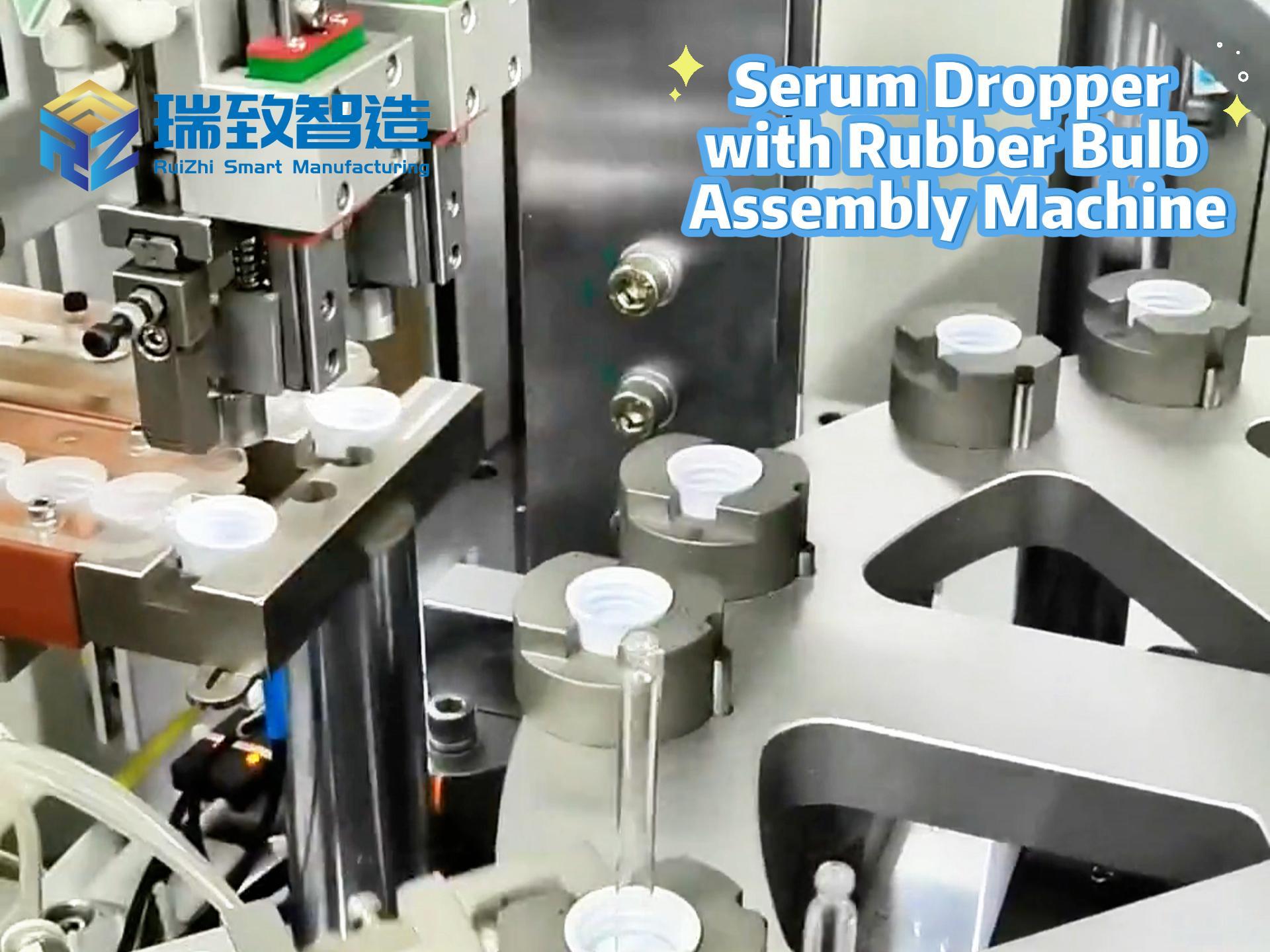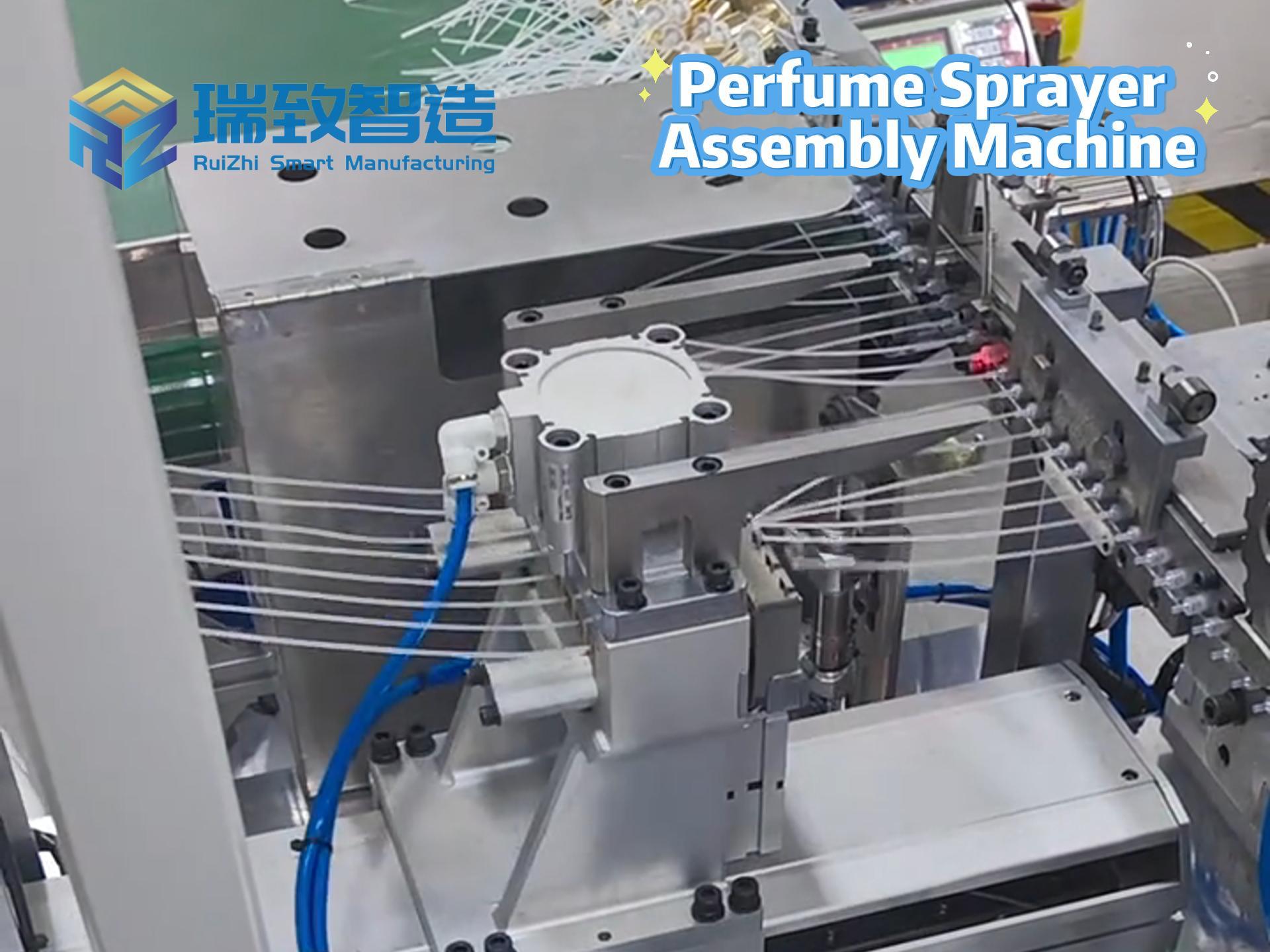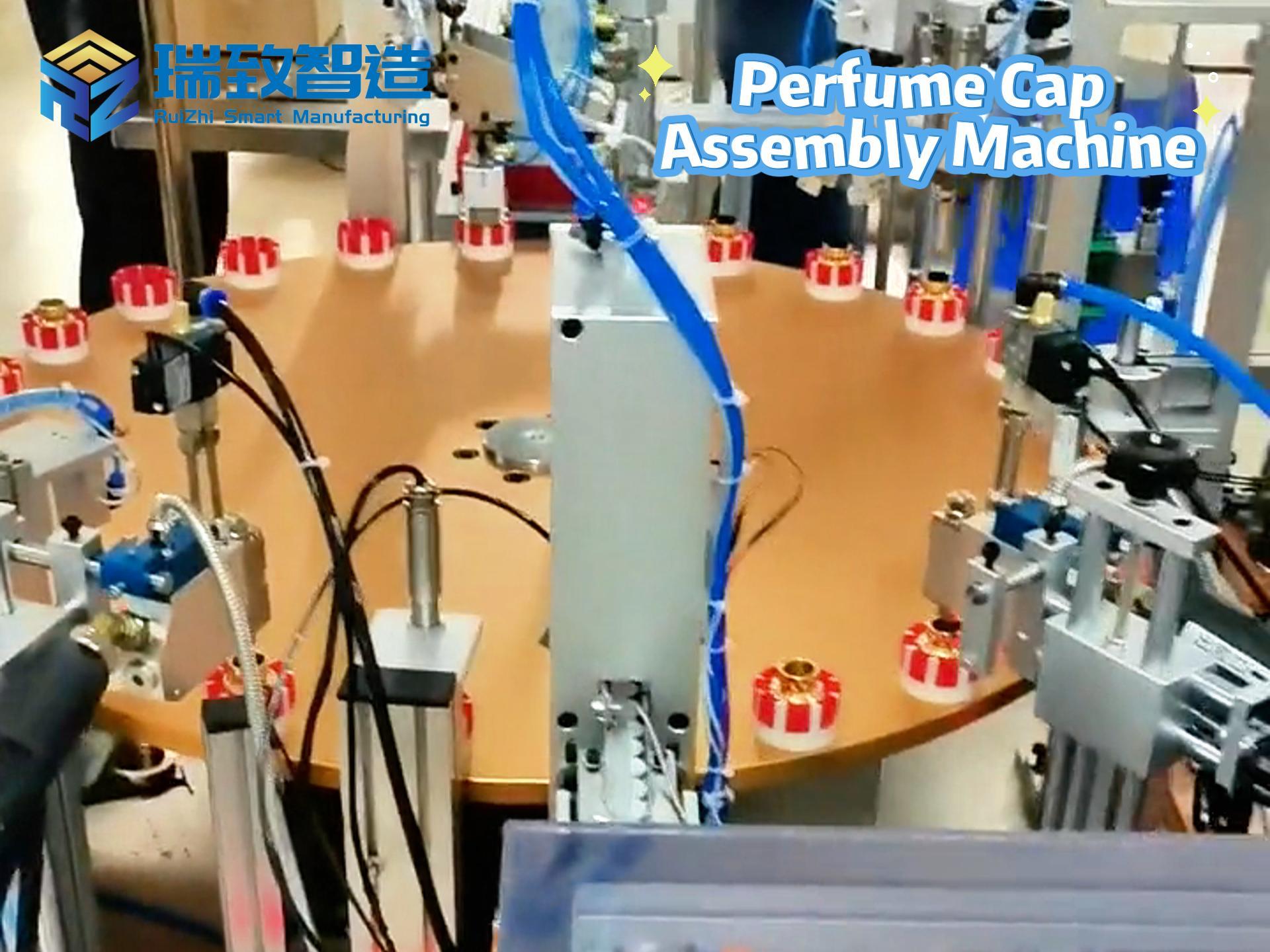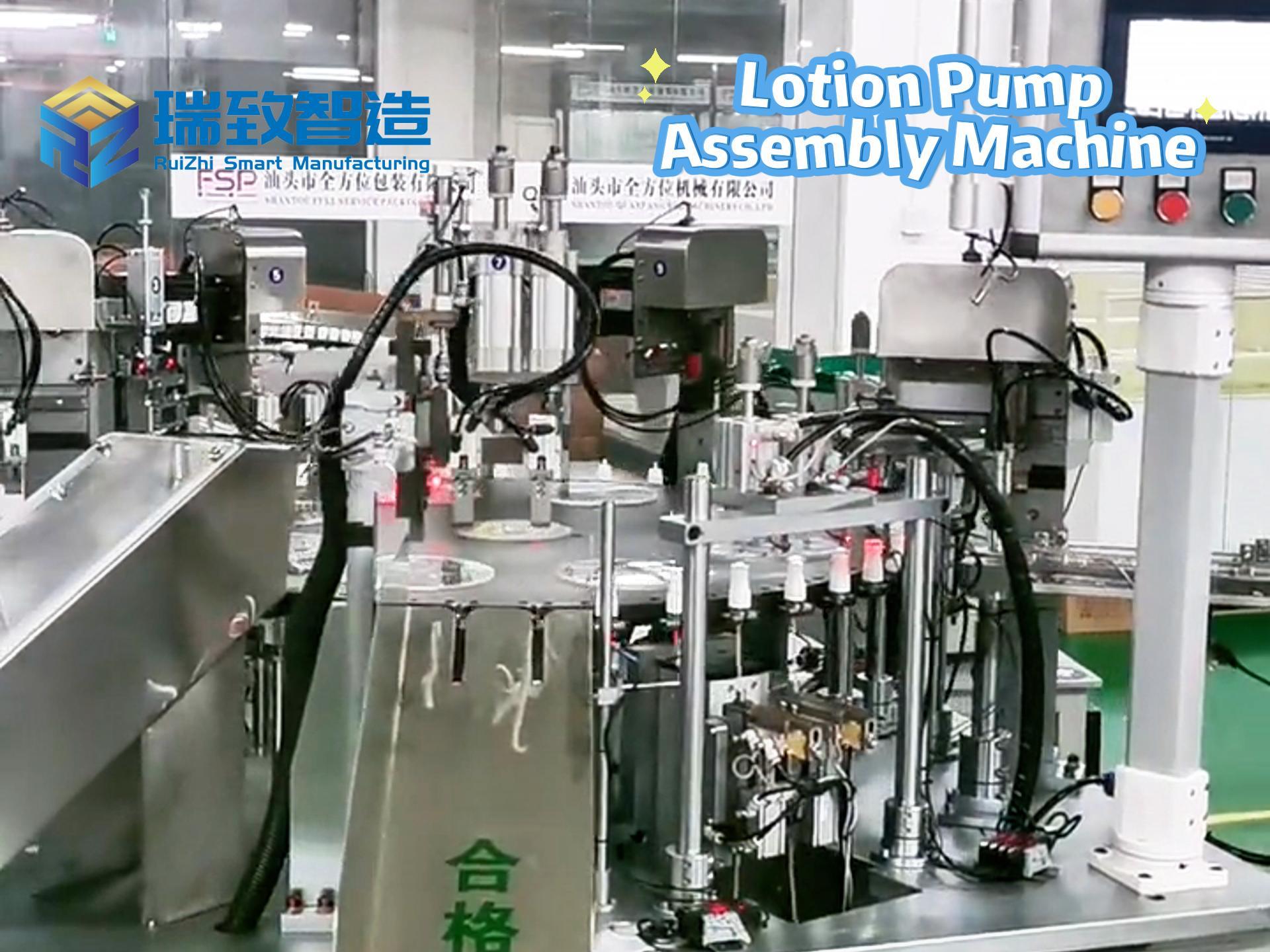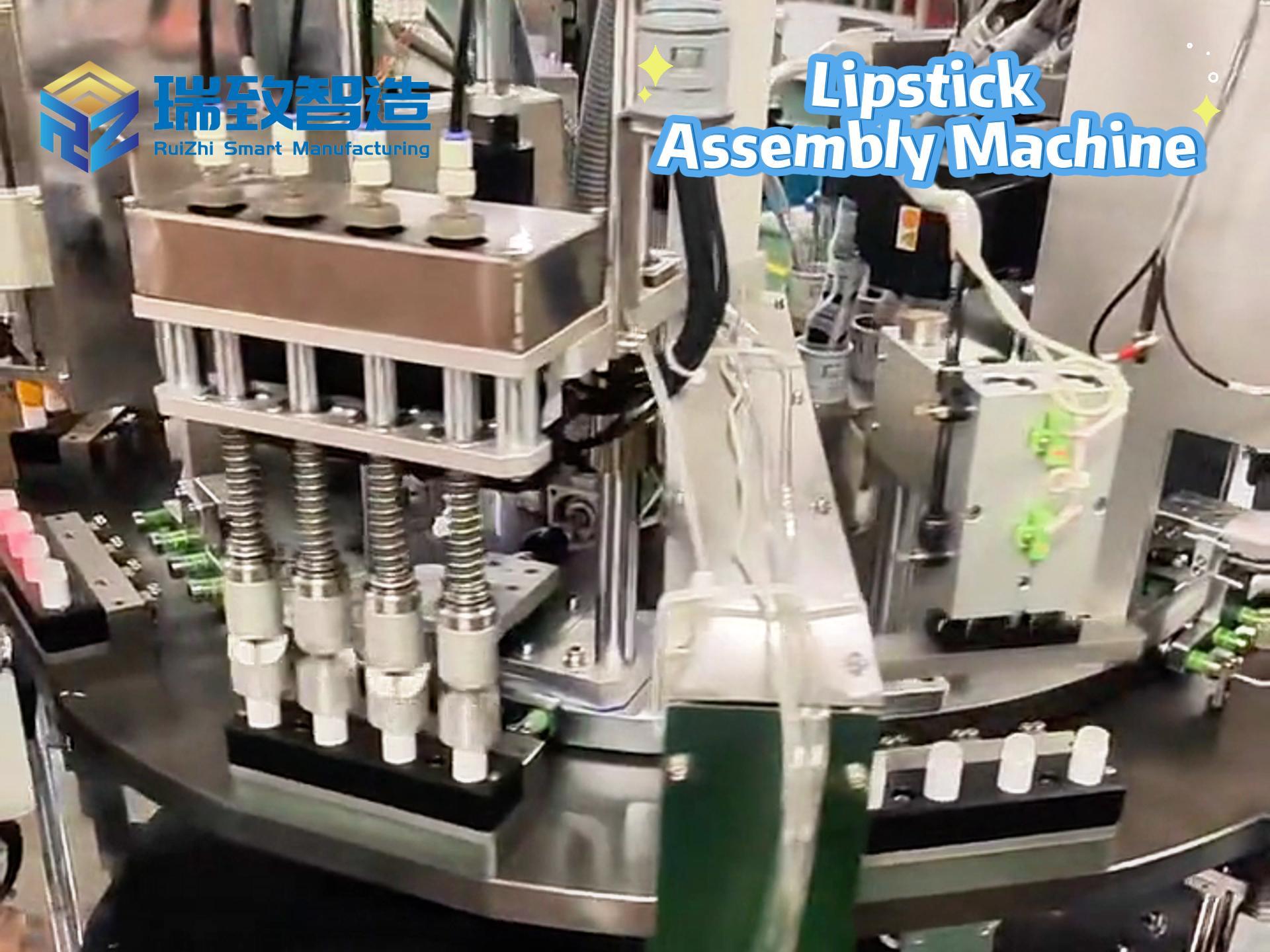For decades, catalyst development has been shackled to a tedious trial-and-error cycle—an approach that wastes resources, delays breakthroughs, and yields inconsistent results. Researchers would mix, test, and rework materials endlessly, with little clarity on what combination might succeed. Today, however, artificial intelligence (AI) is shattering these limitations. It is not merely refining old methods; it is building an entirely new paradigm for catalyst creation—one defined by precision, efficiency, and data-driven insight.
In a landmark study published in Matter, a team led by Professor Deng Dehui from the Dalian Institute of Chemical Physics (DICP) of the Chinese Academy of Sciences, in collaboration with Dr. Li Haobo’s group at Nanyang Technological University, explored how AI is transforming the design and synthesis of heterogeneous catalysts. Their work not only highlights AI’s current impact but also charts a roadmap for future innovations in the field.
Machine learning (ML) emerges as a cornerstone of this transformation. It excels at predicting how a catalyst’s structure influences its performance, optimizing synthesis conditions, and enabling high-throughput automated calculations and experiments. By identifying critical “performance descriptors,” ML reduces reliance on resource-intensive theoretical frameworks like density functional theory (DFT), accelerating the discovery process from years to months—or even weeks.
Cutting-edge techniques such as active learning and generative models further supercharge efficiency. Active learning strategically prioritizes experiments that yield the most valuable insights, while generative models go a step further—they do not just analyze existing data; they propose entirely novel catalyst candidates that human intuition might miss. Together, these tools make catalyst design both faster and more innovative.
A central focus of the research is the rise of AI-powered closed-loop systems, which integrate automated synthesis, characterization, and optimization into a seamless cycle. These systems enhance data quality, minimize human error, and ensure reproducibility across every stage of catalyst development—turning what was once a chaotic process into a precise, repeatable science.
The study also acknowledges persistent challenges. AI models often struggle to generalize across diverse catalytic systems, merging multidisciplinary datasets remains complex, and detecting anomalies in automated workflows requires further refinement. To address these, the researchers propose roadmaps centered on cross-institutional data sharing and adaptive AI frameworks.
“This study provides a blueprint for shifting catalysis research toward fully automated, intelligent paradigms,” Professor Deng explains. “By embracing AI, we unlock unprecedented efficiency in catalyst development—changing not just how we work, but what we can achieve.”
This reimagined approach positions AI as more than a tool—it is a catalyst for change, redefining the future of materials science and beyond.
epson scara robot manual

